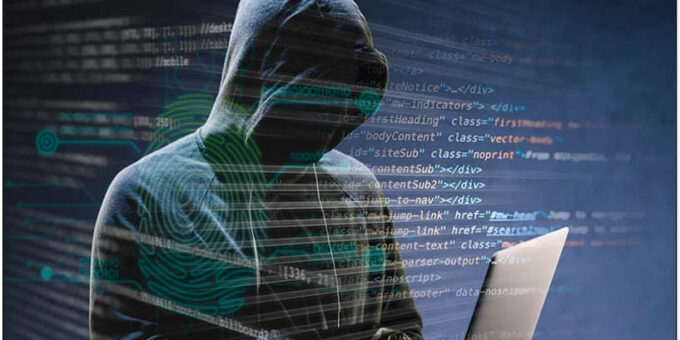
In an increasingly digital world, cybersecurity has become a critical concern for individuals and organizations alike. As cyber threats continue to evolve and grow more sophisticated, it’s essential to take proactive measures to protect your personal and sensitive information. In this post, we’ll discuss ten essential cybersecurity tips everyone should follow to stay safe online.
- Use Strong and Unique Passwords
Why It Matters:
Passwords are often the first line of defense against unauthorized access to your accounts. Using strong, unique passwords for each account helps reduce the risk of a security breach.
Tip:
Create complex passwords that include a mix of upper and lower case letters, numbers, and special characters. Consider using a password manager to store and generate secure passwords for your accounts.
- Enable Two-Factor Authentication (2FA)
Why It Matters:
Two-factor authentication adds an extra layer of security by requiring a second form of verification in addition to your password. This could be a text message, email, or authentication app.
Tip:
Whenever available, enable 2FA on your accounts, especially for sensitive applications like banking and email. This extra step can significantly enhance your account’s security.
- Keep Software Up to Date
Why It Matters:
Outdated software can have vulnerabilities that cybercriminals exploit. Regularly updating your operating system, applications, and security software is essential for protecting your devices.
Tip:
Set your software to update automatically whenever possible. Regularly check for updates for your applications and operating systems to ensure you have the latest security patches.
- Be Wary of Phishing Attacks
Why It Matters:
Phishing attacks involve fraudulent emails or messages that appear to be from legitimate sources. They aim to trick you into revealing sensitive information or clicking malicious links.
Tip:
Always verify the sender’s identity before clicking on links or downloading attachments. Look for signs of phishing, such as poor grammar, generic greetings, or unusual requests for personal information.
- Use a Virtual Private Network (VPN)
Why It Matters:
A VPN encrypts your internet connection, making it more difficult for hackers to intercept your data, especially when using public Wi-Fi networks.
Tip:
Consider using a reputable VPN service when accessing the internet on public networks. This adds a layer of security and helps protect your sensitive information from prying eyes.
- Secure Your Wi-Fi Network
Why It Matters:
An unsecured Wi-Fi network can expose your devices and personal information to unauthorized access. Properly securing your Wi-Fi network is crucial for protecting your data.
Tip:
Change the default password for your Wi-Fi router and use strong encryption methods (WPA3, if available). Regularly check for unauthorized devices connected to your network.
- Backup Your Data Regularly
Why It Matters:
Data loss can occur due to various reasons, including hardware failures, ransomware attacks, or accidental deletion. Regular backups ensure that you can restore your important files in case of an incident.
Tip:
Use cloud storage solutions or external hard drives to back up your data regularly. Set a schedule for automatic backups to ensure you never lose critical information.
- Educate Yourself and Your Family
Why It Matters:
Cybersecurity awareness is essential for everyone, especially as cyber threats continue to evolve. Educating yourself and your family about safe online practices can significantly reduce the risk of falling victim to attacks.
Tip:
Discuss cybersecurity topics with your family, including recognizing phishing attempts, the importance of strong passwords, and safe browsing habits. Encourage open communication about online safety.
- Monitor Your Accounts and Credit Reports
Why It Matters:
Regularly monitoring your accounts and credit reports helps you detect unauthorized activity early, allowing you to take action before it escalates.
Tip:
Set up alerts for unusual transactions on your bank accounts and credit cards. Check your credit report at least once a year to identify any discrepancies or fraudulent activities.
- Be Cautious with Personal Information
Why It Matters:
Sharing personal information online can expose you to various risks, including identity theft and social engineering attacks. Being cautious about the information you share is essential for your security.
Tip:
Limit the amount of personal information you share on social media and public forums. Review privacy settings on your accounts to control who can see your information.
Conclusion
Cybersecurity is a shared responsibility that requires vigilance and proactive measures. By following these ten essential tips, you can significantly reduce your risk of falling victim to cyber threats and protect your personal information. In a world where digital interactions are increasingly prevalent, staying informed and adopting best practices for cybersecurity is crucial for safeguarding your online presence.
